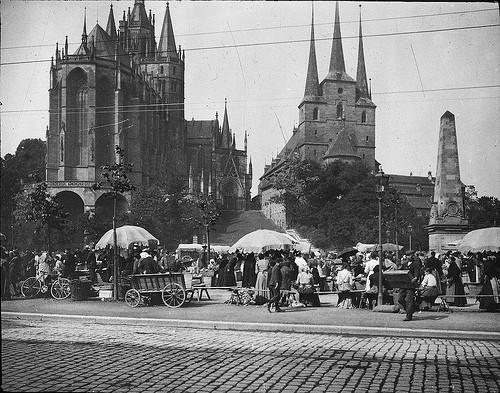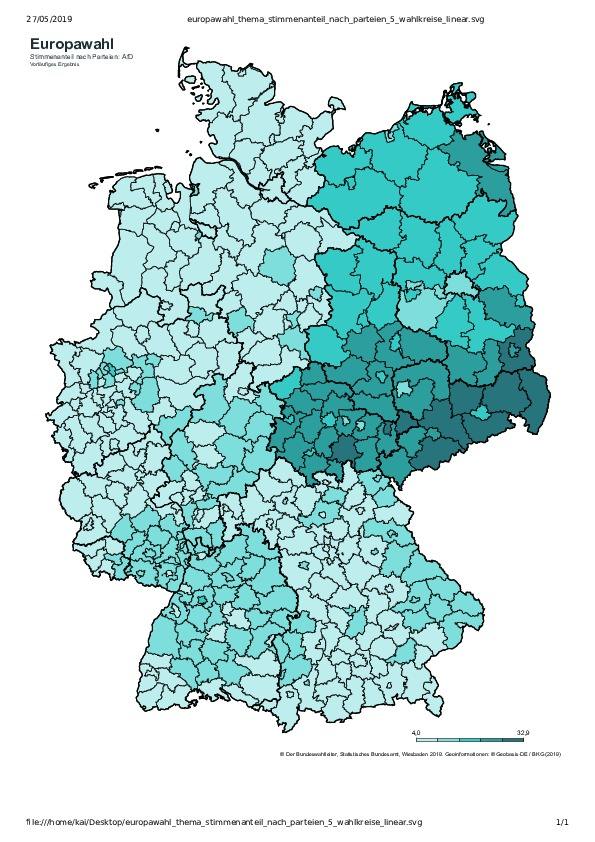The “Alternative for Germany” began its political life as a softly eurosceptic breakaway from the political mainstream but has changed beyond all recognition. Using a very large dataset covering the full 2013-17 period, Carl Berning and I trace the transformation of the AfD’s electorate, which now fits the somewhat stereotypical radical right template. Read the full article, or watch the highlights in just under 90 seconds.
Gespräch mit ZDF heute über den Erfolg der AfD bei jüngeren Wählern
Mit dem heute Magazin habe ich anlässlich der Landtagswahl in Thüringen über die Chancen der AfD bei jüngeren Wählern gesprochen https://web.archive.org/web/20191028150056/https://www.zdf.de/nachrichten/heute/landtagswahl-thueringen-afd-punktet-bei-jungen-waehlern-100.html



